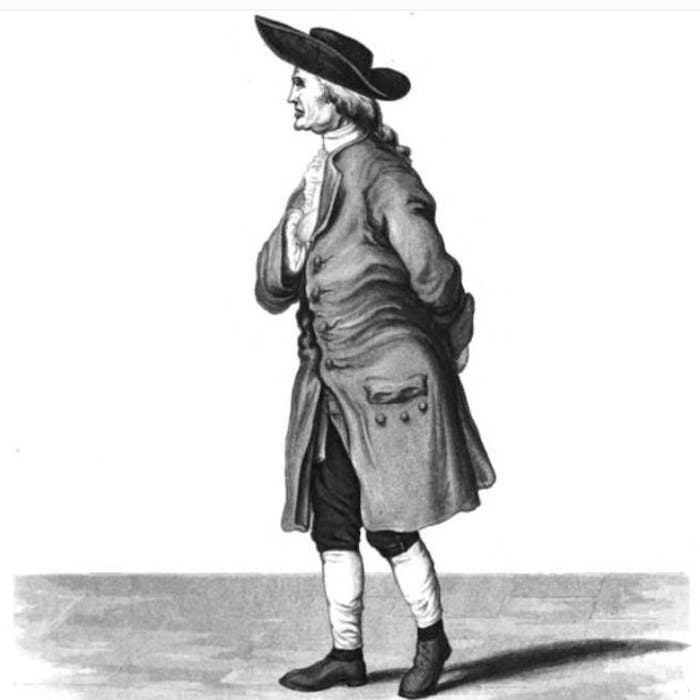
Henry Cavendish, the shy scientist
Henry Cavendish was an eccentric and extremely wealthy scientist of the 1700s. He discovered hydrogen and the composition of water, and was known for his aversion to women. His female servants were warned that should he catch sight of them - they would be dismissed on the spot!
The son of a peer, Henry Cavendish was born in Nice in 1731. His mother lived in the south of France for the sake of her delicate health, and she died two years later, soon after the birth of Henry's brother.
Cavendish studied at Cambridge University and then followed his father in his experiments in chemistry and physics.
Cavendish was particularly interested in studying air, and found that a definite, peculiar, and highly inflammable gas, which he referred to as "Inflammable Air", was produced by the action of certain acids on certain metals. This gas was hydrogen (later named by French chemist Lavoisier after he replicated Cavendish's experiments). Cavendish correctly guessed that hydrogen was proportioned two to one in water.
Cavendish's experiment to measure the density of the Earth has come to be known as the Cavendish experiment, and his figures later proved to be remarkably accurate.
Cavendish lived a reclusive life. His only exertion into the company of other people was to attend scientific meetings of the Royal Society in London, or to be present at their club-dinners and their social meetings at the house of the President, Sir Joseph Banks.
He was known to be extremely timid, hating to be spoken to. Scientists were advised never to attempt directly to draw Cavendish into conversation, but to talk as it were into vacancy, never looking at him, and then there was a chance that he might join in the conversation.
Tales were told of those who had travelled great distances in the hopes of meeting him and discussing his theories, only to find Cavendish darting away the minute he was addressed, dashing out of the room, into the street, and departing at top speed home in his carriage.
Even Cavendish's household servants rarely saw him or spoke to him. If he wished to give any instructions about his dinner, he would leave a note on the hall table.
Cavendish found the presence of women particularly discomforting. His maid-servants were ordered to keep out of his sight on pain of instant dismissal. Happening one day to meet a house-maid on the stair with a broom in her hand, he immediately ordered a back stair to be built to the house so that he could move about without the possibility of another such encounter.
Cavendish died alone at the age of 80 - perfectly happy in his own company to the end.
Many of Cavendish's discoveries were unknown unknown till the middle of the nineteenth century, when Lord Kelvin suggested that all his unpublished papers should be examined. This was done by scientist Clerk Maxwell. Many very valuable scientific notes were found; some of these were on the backs of letters or envelopes. It was found that Cavendish had—unknown to any one—forestalled Michael Faraday and other scientists in their original discoveries in electricity.
Further reading
Links to external websites are not maintained by Bite Sized Britain. They are provided to give users access to additional information. Bite Sized Britain is not responsible for the content of these external websites.
